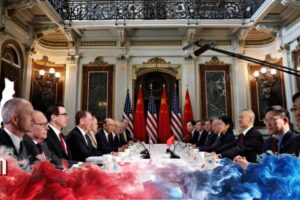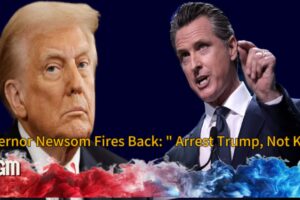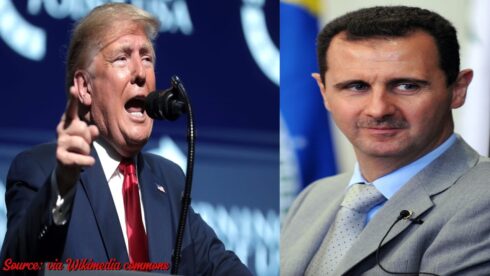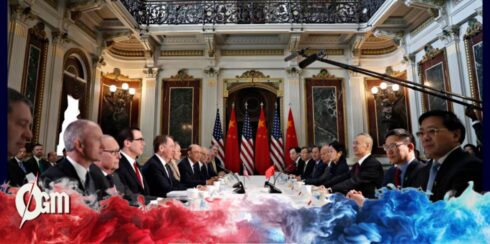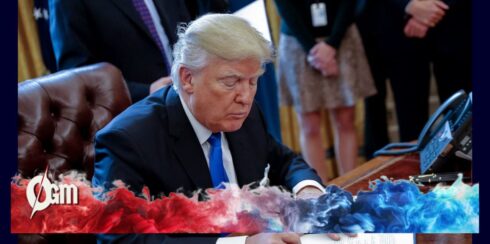U.S. President-elect Donald Trump made a startling claim in a recent public address, asserting that Syrian President Bashar al-Assad has fled his country. The statement has sparked significant curiosity and concern within political and diplomatic circles, as no evidence has yet surfaced to support the claim. Trump’s remarks come amid ongoing international tensions surrounding Syria’s political stability and humanitarian crises.
Donald Trump’s comment has reignited discussions about Syria’s internal struggles, which have persisted since the onset of its civil war in 2011. The conflict has led to widespread displacement and devastation, with Assad’s leadership remaining controversial. While Trump did not elaborate on the source of his information, his assertion adds a new dimension to the discourse on Syria’s future.
Lack of Verification Raises Questions
The claim has not been corroborated by any official intelligence or independent news agencies. Syrian state media continues to report routine activities involving Assad, suggesting he remains in Damascus. Additionally, major global powers, including Russia—one of Assad’s closest allies—have not commented on Trump’s statement.
Political analysts are urging caution, noting that such unverified claims could exacerbate tensions in an already volatile region. Critics argue that Donald Trump’s history of making unsubstantiated statements undermines the credibility of this assertion, while supporters suggest it could point to undisclosed intelligence.
Implications for U.S.-Middle East Relations
If true, Assad’s departure could mark a seismic shift in the geopolitical landscape of the Middle East. It might indicate potential fractures within the Syrian government or pressure from international actors seeking regime change. Such developments could alter the dynamics of U.S. involvement in the region, including its stance on sanctions and military aid.
Donald Trump’s claim also underscores the United States’ complex relationship with Syria. While his administration considered strikes against Assad’s regime in response to alleged chemical attacks, it ultimately prioritized counterterrorism operations against ISIS. This latest assertion could influence how future U.S. administrations approach the Syrian crisis.
Regional Reactions and Speculations
Neighboring countries have responded cautiously to Donald Trump’s statement, with most refraining from making official comments. Analysts in Turkey and Jordan, both of which host millions of Syrian refugees, speculate that such a development could worsen the refugee crisis or embolden rebel factions.
Meanwhile, opposition groups in Syria have expressed skepticism. While some see the claim as a potential turning point, others view it as political posturing without tangible evidence. The uncertainty underscores the need for reliable information in an already fragmented narrative surrounding Syria’s future.
Russian and Iranian Silence Noteworthy
Russia and Iran, both key allies of Assad, have maintained a conspicuous silence regarding Donald Trump’s statement. Moscow has historically provided military and political support to Assad, while Tehran has bolstered his regime with resources and strategic backing. Their lack of response could either signify skepticism about the claim or a deliberate effort to manage the narrative.
Experts suggest that any confirmation of Assad’s departure would likely result in strategic recalibrations by both nations. Russia, in particular, has invested heavily in stabilizing Assad’s government as part of its broader strategy to maintain influence in the Middle East.
Global Community Awaits Clarity
As the world watches for developments, international organizations and governments are urging caution against drawing conclusions prematurely. The United Nations continues its efforts to mediate peace in Syria, emphasizing the importance of verifiable facts to guide decision-making.
In the absence of concrete evidence, Donald Trump’s statement remains a talking point rather than a confirmed event. However, it highlights the ongoing uncertainty surrounding Syria and the critical need for accurate information in navigating its complex political landscape. Observers worldwide are awaiting further developments to determine the veracity and implications of this bold claim.

